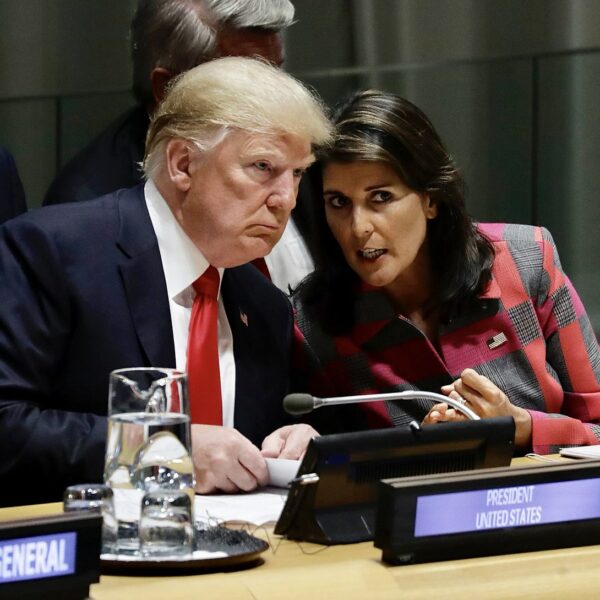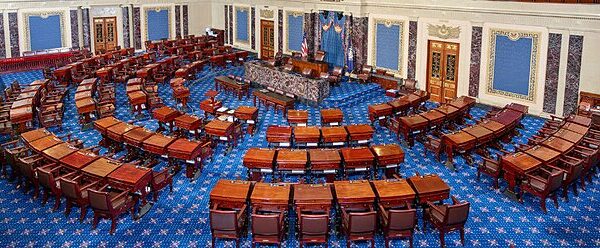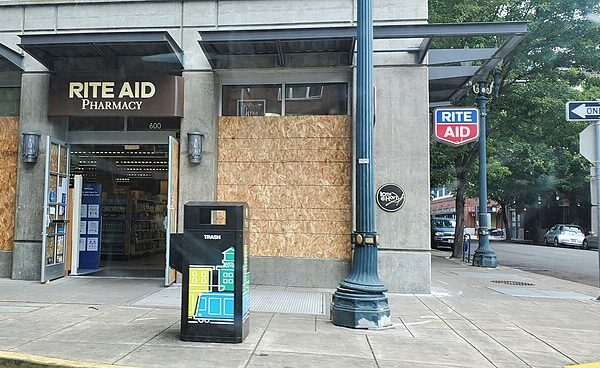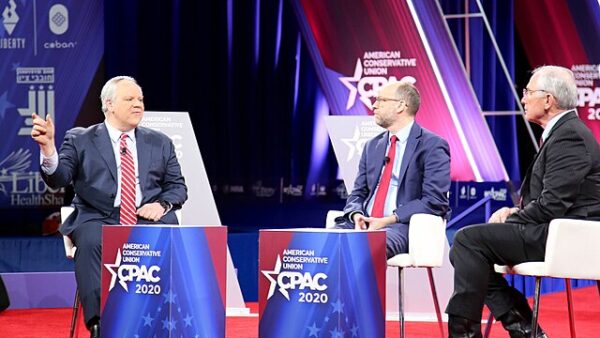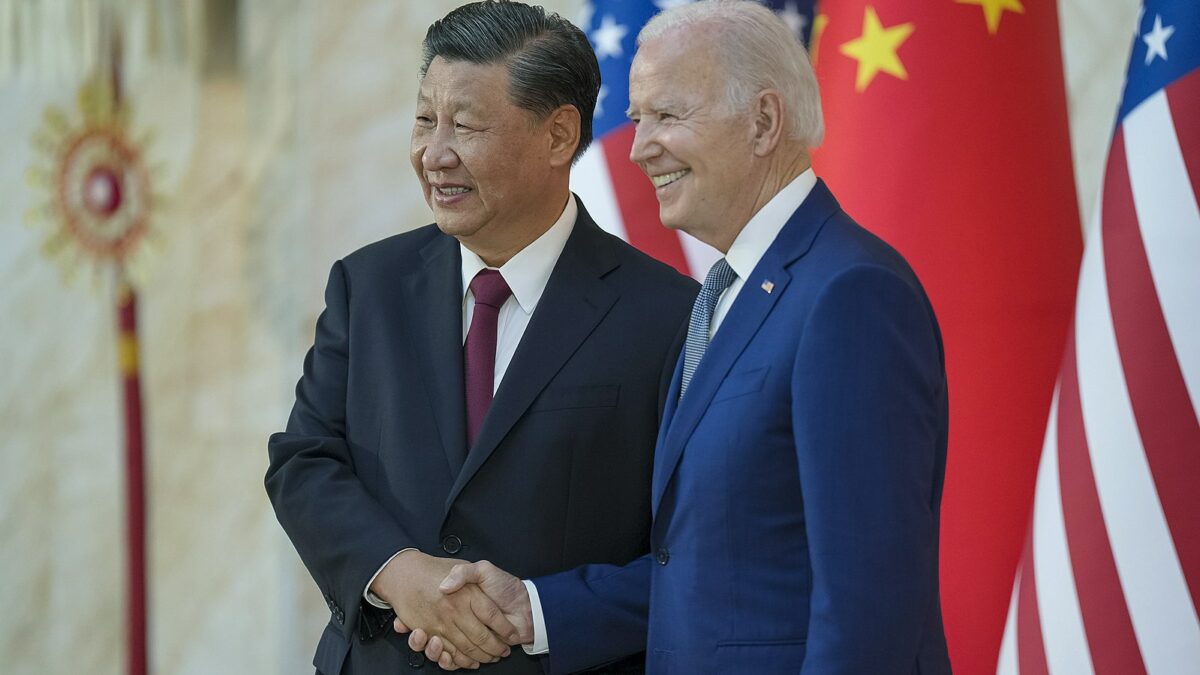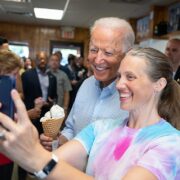
In an extraordinary assertion of federal authority over the nation’s struggling capital, President Donald Trump on Monday announced he would assume direct control of the Metropolitan Police Department, dispatching National Guard units to what he described as a city “in the grip of escalating criminal activity.” The move—rare even in Washington’s long history of contested self-governance—has triggered fierce resistance from local leaders who insist they can handle their own affairs.
Speaking from the White House briefing room, Trump invoked provisions of the D.C. Home Rule Act allowing the president to direct local police for an initial 48 hours, after which congressional notification is required for any continuation. He named Attorney General Pam Bondi to oversee the force and integrate federal agencies into crime-suppression efforts. Some 800 D.C. National Guard personnel will be mobilized, initially in administrative and logistical roles. “We’re going to make D.C. safe again,” Trump declared, adding that while armed patrols were not yet planned, “additional military involvement” could follow.
Defense Secretary Pete Hegseth confirmed Guard troops would begin appearing in the city within days, with capacity to draw reinforcements from other states “if the situation demands it.” Trump, for his part, suggested the operation could serve as a model for federal interventions in other “lawless” urban centers.
Mayor Muriel Bowser, visibly bristling in her own midday news conference, rejected the president’s claims outright. She pointed to a “30-year low” in violent crime—falling homicides, assaults, and auto thefts—and dismissed the federalization as a “disturbing but familiar” encroachment on D.C.’s autonomy. “Our community deserves to feel secure in the progress we’ve made,” Bowser said, again tying the episode to her call for D.C. statehood. “Military forces should not be directed against U.S. civilians,” she added, while acknowledging the city’s legal obligation to comply.
Metropolitan Police Chief Pamela Smith struck a tone of guarded cooperation, citing longstanding partnerships with federal agencies and promising to “stand shoulder-to-shoulder” in addressing public safety concerns. D.C. Attorney General Brian Schwalb is reviewing potential legal challenges, though Bowser conceded the Home Rule framework leaves the president wide latitude in emergencies.
The D.C. Police Union said they stand by the action, however.
.@DCPoliceUnion Chairman Gregg Pemberton: "We completely agree with the President that crime in the District of Columbia is out of control and something needs to be done with it." pic.twitter.com/Kr5zZtW5kG
— Rapid Response 47 (@RapidResponse47) August 11, 2025
The union noted that even liberal spin left most normal people laughing.
DC is a "safe city," except you can't attribute your name to your thoughts because it's dangerous…https://t.co/Qo5nqp7ae6 pic.twitter.com/jvQWOfxUcs
— Chuck Thies (@ChuckThies) August 11, 2025
The dispute unfolds against a backdrop that complicates the city’s narrative of safety. On July 18, Commander Michael Pulliam was placed on administrative leave amid allegations of crime data manipulation in his district, which includes Adams Morgan. According to police union chairman Gregg Pemberton, officers were directed to reclassify serious felonies—shootings, armed robberies—into lesser categories to “sustain the appearance of improvement.” Calling the city’s reported 25% drop in violent crime “unbelievable,” Pemberton accused senior officials of “cooking the books.” Chief Smith has vowed an internal investigation; Pulliam denies wrongdoing.
Dems, of course, responded by calling for Washington, D.C. to be turned into a state, but they ran into one problem:
DC would instantly have the highest statewide homicide rate in the country https://t.co/RJDww5kI25 pic.twitter.com/SNhnBBxzJ4
— John Hasson (@SonofHas) August 11, 2025
These accusations resonate with a broader erosion of trust in crime statistics under Democratic leadership. In 2024, for example, the FBI quietly revised its 2022 violent crime data—transforming what was reported as a 2.1% decrease into a 4.5% increase after factoring in previously omitted murders and assaults, a move that was viewed as the Biden White House manipulating numbers to undermine the Trump campaign’s attack on Biden over crime. The belated correction, exposed by Real Clear Investigations, drew sharp criticism from criminologists Carl Moody and Thomas Marvell, who noted the absence of any public explanation. Meanwhile, the National Crime Victimization Survey recorded a 29.1% spike in violent offenses in 2022 and a further 4.1% rise in 2023—figures in tension with official federal claims.
As Guard units prepare to take up positions, the capital finds itself at the intersection of two narratives—one of security gains, the other of statistical sleight of hand. The episode, the most sweeping federal encroachment on D.C.’s policing since the 1990s financial control board, now moves to Congress, where oversight battles are sure to follow.
[Read More: Trump To Take On Cartels]


